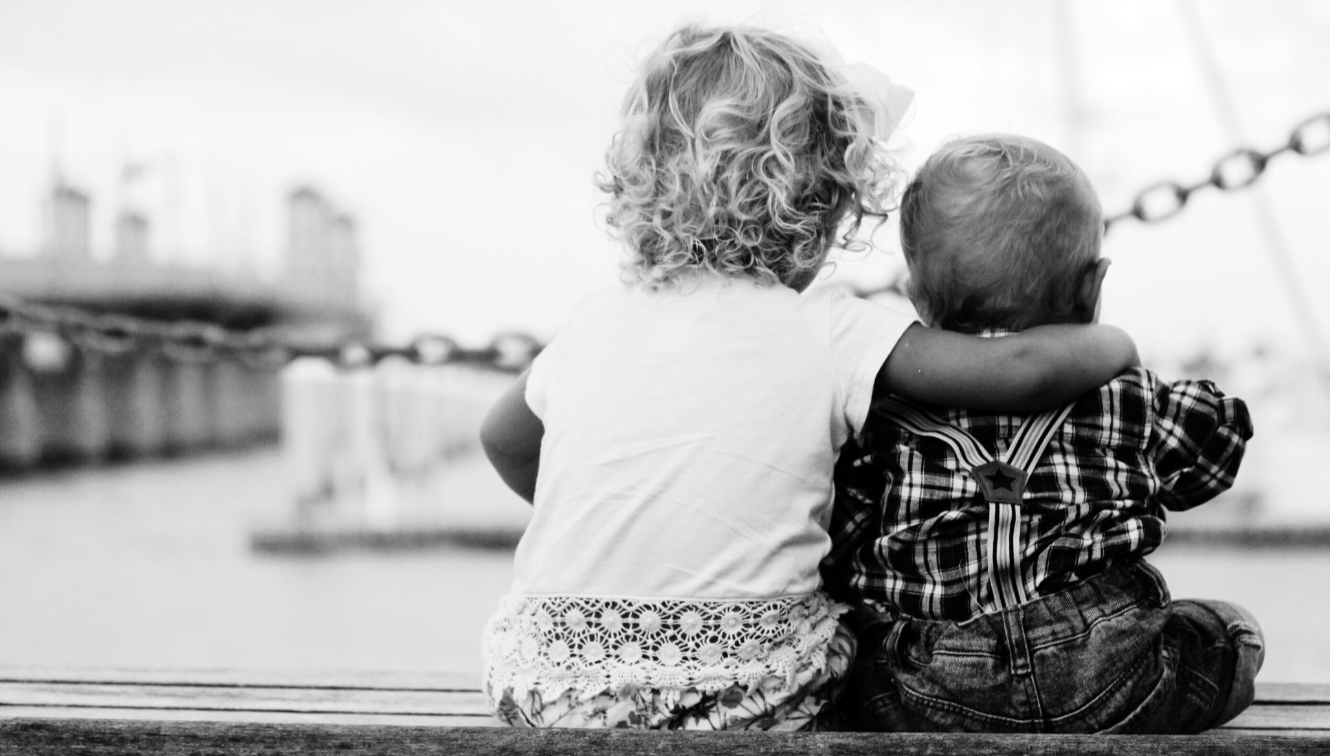“There is no age warranting not taking the person seriously. We should take everyone seriously, irrespective of age. And it is never too late to start. Ever!”
– Sarah Fitz-Claridge
“What ages is Taking Children Seriously most powerful for, or how does its value change with age? When is it almost too late?”
There is no age warranting not taking the person seriously. We should take everyone seriously, irrespective of age.
I may be misunderstanding the question, but the idea of it being powerful for a given age, or its value changing with age, makes me slightly wonder if you might have a misconception about Taking Children Seriously. Could it be that you are imagining Taking Children Seriously to be a different parenting strategy instead of a new (non-paternalistic) view of children?
Or might it be that you are seeing taking children seriously as something we do in order to create a particular outcome, in service of an agenda we have (that is independent of the child’s wishes). Having such an agenda for someone would not be taking them seriously as a person in their own right. We do not take people seriously because taking people seriously has this or that alleged effect, we take them seriously because it is right, and because not doing so tends to impede the growth of knowledge.
When is it almost too late? It is never too late to start treating people (more) decently. The idea that it might be too late assumes a very pessimistic view of human creativity, as if a person might be permanently damaged such that even if you do start removing all the coercive blocks you can identify, they will nevertheless remain forever blocked and unable to move forward. In reality, even in the most dire of circumstances, or having been subjected to unspeakable abuse, people have amazingly creative human minds capable of far more than we imagine. We are more limited by our pessimistic assessments of our own creativity than we are by any fundamental lack of creativity. So no, it is never ever ever too late. Ever!
And no, there is no possibility of perfection in this or any other human undertaking, so don’t get hung up on that. We are all human, and we all lack knowledge and make mistakes. When you notice you have been making a big mistake, the thing to do is to try to correct it as best you can and move forward from where you are. You cannot change the past, and if you keep focusing on past mistakes instead of the present, you may be inadvertently wrecking the present as well.
You don’t need the past to be different, or your child to be different, or you to be different, or your circumstances to be different, or your mind/knowledge to be different. We are all at the beginning of infinity. You don’t need to be starting from somewhere else. Wherever you are is the perfect place to start. And now is the perfect time to start.
Actually, you already have started. As your wise mind will tell you.
See also:
- “Why did my mother’s coercive words fly out of my mouth?!”
- What Taking Children Seriously taught me about resolving conflicts
- Common misapprehensions about Taking Children Seriously
Sarah Fitz-Claridge, 2022, Taking Children Seriously FAQ: ‘“What ages is Taking Children Seriously most powerful for, or how does its value change with age? When is it almost too late?”’, https://takingchildrenseriously.com/what-ages-is-taking-children-seriously-most-powerful-for-or-how-does-its-value-change-with-age-when-is-it-almost-too-late/
